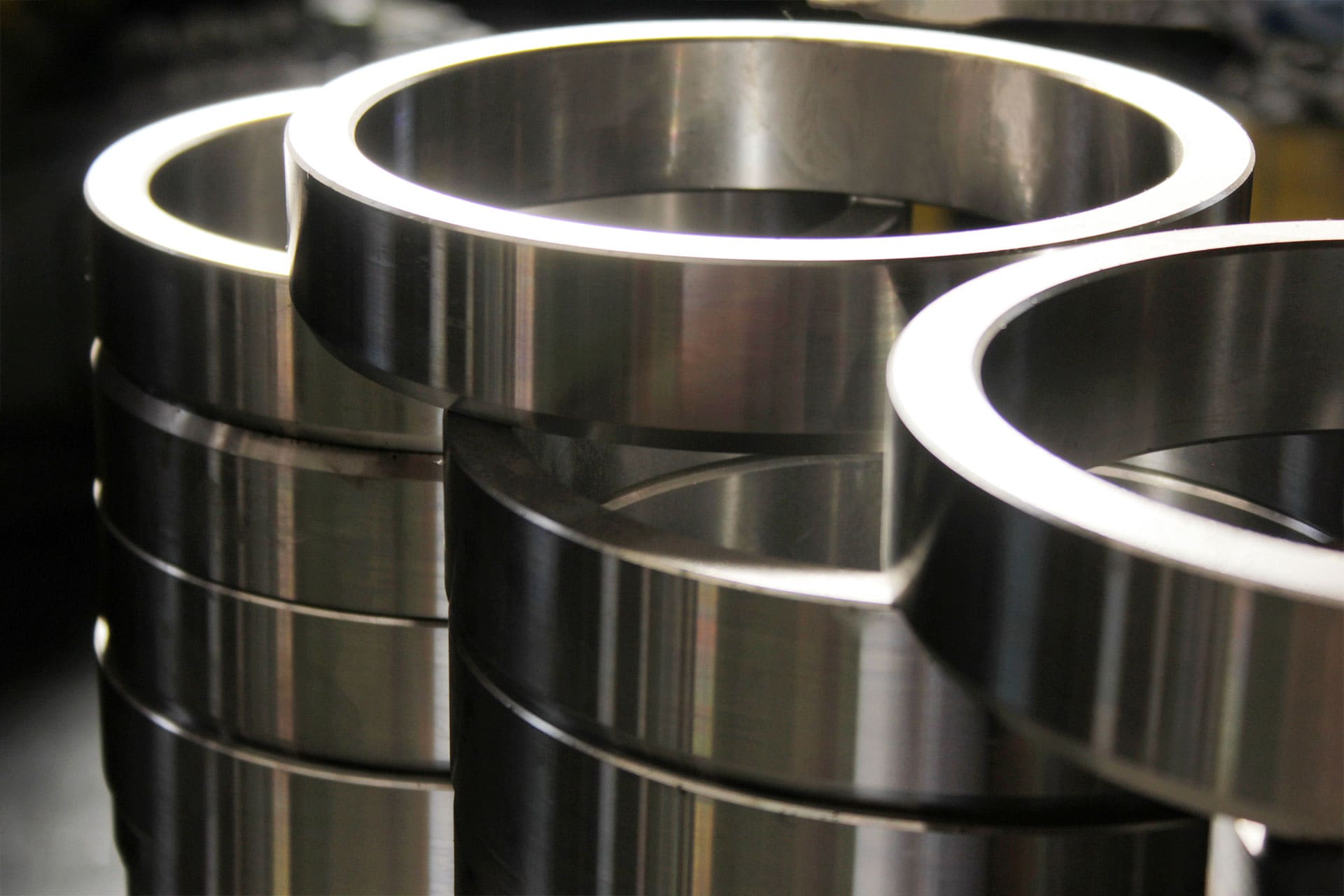How Aluminum Castings are revolutionizing modern manufacturing techniques
Wiki Article
The Necessary Uses Aluminum Foundry in Different Industries and Their Effect
Aluminum factories offer as a vital source within numerous industries. Their resilient and light-weight materials considerably boost performance in auto, aerospace, building, and electronic devices markets. As each market leverages light weight aluminum's one-of-a-kind homes, they also add to sustainability efforts. This multifaceted effect prompts a deeper expedition of exactly how Aluminum formed these sectors. What particular technologies and advantages arise from its use?Automotive Industry Applications
The auto industry significantly counts on Aluminum Foundry applications to improve lorry performance and effectiveness. Aluminum's light-weight nature adds considerably to fuel economy, making it a favored choice for producers aiming to reduce emissions and improve general car characteristics. Components such as engine blocks, transmission housings, and wheels are commonly generated via Aluminum spreading procedures, enabling detailed styles that satisfy strenuous safety and security and efficiency standards.
Aerospace Innovations

In addition, using aerospace-grade Aluminum alloys enhances resistance to deterioration and fatigue, vital for the demanding settings airplane face. Advancements in additive production additionally permit rapid prototyping and customization of parts, lowering preparations and expenses.
Building and construction and Infrastructure
While the construction and infrastructure markets continue to advance, Aluminum factories are increasingly identified for their payments to modern-day structure methods. Light weight aluminum's light-weight nature and high strength make it a suitable product for various architectural applications. Factories provide elements such as beams, frameworks, and facades that boost the toughness and durability of structures and infrastructure tasks.Light weight aluminum's corrosion resistance plays a crucial function in extending the life-span of frameworks subjected to extreme ecological conditions. The power effectiveness of Aluminum items also aligns with lasting structure efforts, adding to lower energy usage in building. Furthermore, innovative casting strategies have actually increased the style opportunities, permitting engineers and designers to create aesthetically pleasing yet useful structures.
Electronic devices Manufacturing
Aluminum foundries play a considerable duty in the electronic devices producing sector, where the demand for thermally conductive and lightweight products is paramount. Aluminum Foundry. Components such as warmth sinks, coverings, and brackets are often generated utilizing Aluminum as a result of its Aluminum Castings excellent thermal buildings and capability to dissipate warmth properly. This is crucial in electronic gadgets, where getting too hot can bring about failing and reduced efficiencyThe flexibility of Aluminum allows for complicated designs and precise machining, which are necessary in contemporary electronics. In enhancement, light weight aluminum's non-magnetic residential or commercial properties make it suitable for applications in sensitive digital devices, minimizing disturbance. Aluminum's resistance to corrosion enhances the longevity of electronic parts, making certain durability and reliability.
Sustainability and Reusing Efforts
Given the raising emphasis on ecological obligation, the Aluminum Foundry sector has made substantial strides in sustainability and recycling initiatives. Aluminum is inherently recyclable, allowing foundries to reclaim and reuse material with marginal power expenditure contrasted to primary production. This closed-loop recycling process not just minimizes waste but also lowers greenhouse gas discharges, adding to a much more sustainable production version.Furthermore, lots of foundries are adopting energy-efficient innovations, including renewable energy resources, to power their procedures (Aluminum Castings). This change not just decreases dependence on nonrenewable fuel sources but additionally improves general operational effectiveness
Sector partnerships are additional advertising lasting techniques, such as sharing ideal practices and developing innovative recycling techniques. By prioritizing these efforts, the Aluminum Foundry field is positioning itself as a leader in sustainable production, aligning with global targets for sustainability while satisfying the needs of various industries.

Often Asked Concerns
What Are the Primary Advantages of Using Aluminum in Foundry Processes?
The key benefits of using Aluminum in Foundry procedures include its lightweight nature, excellent corrosion resistance, high thermal and electrical conductivity, and convenience, permitting for complex designs and reliable recycling, ultimately enhancing general production effectiveness and reducing expenses. - Wisconsin Aluminum FoundryHow Does Aluminum Foundry Effect Item Lifecycle Administration?
Aluminum Foundry substantially improves product lifecycle monitoring by making it possible for efficient material use, decreasing waste, and promoting recycling. Its lightweight properties enhance transportation performance, while toughness expands item life expectancy, inevitably contributing to sustainability and cost-effectiveness in manufacturing.Exist Particular Challenges in Aluminum Foundry Manufacturing?
Specific challenges in Aluminum Foundry production consist of taking care of temperature level control, making sure worldly top quality, decreasing waste, and adjusting to fluctuating market needs. These aspects can influence efficiency, expense, and general competitiveness within the market.What Precaution Are Crucial in Aluminum Foundry Workflow?
Vital precaution in Aluminum Foundry operations consist of individual safety tools, correct ventilation, regular devices upkeep, hazard communication, and emergency response training. Applying these practices assurances worker safety and decreases dangers associated with high-temperature steel handling.How Does the Price of Aluminum Contrast to Various Other Steels in Foundry Usage?
The price of Aluminum is normally lower than that of steels like copper and titanium, making it a cost-effective option for numerous Foundry applications. This price adds to its widespread usage across various markets.Aluminum factories serve as an essential resource within many industries. The vehicle sector progressively relies on Aluminum Foundry applications to enhance lorry performance and efficiency. The product's recyclability likewise lines up with the sector's press towards sustainability, as recycled Aluminum needs substantially less power to procedure contrasted to main aluminum. Aluminum factories play a considerable function in the electronic devices producing market, where the need for lightweight and thermally conductive materials is critical. Provided the enhancing focus on ecological responsibility, the Aluminum Foundry sector has actually made considerable strides in sustainability and recycling efforts.
Report this wiki page